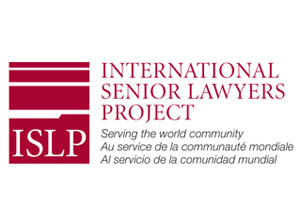
NEW YORK (International Senior Lawyers Project / Pacific Media Watch): The Fiji Media Industry Development Decree 2010 fails to distinguish between the executive, legislative and judicial functions in regulating the media, says a preliminary International Senior Lawyers Project report.
The decree vests control of the Media Industry Development Authority, which regulates the media, in the hands of executive government officials. The report says:
"Such officials have broad powers in establishing and controlling the activities of the Authority and the Tribunal (which adjudicates media disputes) and in the application of the Decree. For example, the President controls the appointment and removal of members of the Tribunal, and the Minister controls appointment and removal of members of the Authority, with or without cause. In addition, the Minister may, in his discretion, (a) exempt any person or entity from compliance with the Decree, (b) exercise expansive emergency powers over media content, (c) order amendments to media codes and promulgate regulations under the Decree, (d) issue directives to the Tribunals, (e) delegate performance of the functions of the Authority to other bodies, and (f) generally direct the performance of the functions of the Authority.
"In a democracy, the news media play the role of a government watchdog, thereby increasing its accountability. Conversely, strict government control over the media stifles freedom of expression and limits the ability of citizens to monitor their government. Counter-examples to best practices are more instructive in this regard than examples of best practices. Overwhelmingly, non-democratic societies or societies with gravely deficient democratic processes do not enjoy an independent media. Government-owned and/or controlled media have a tendency to promote propaganda crucial to maintaining an existing political power base and suppress attempts by the media or individual journalists to challenge the approved “government line” on controversial issues"



